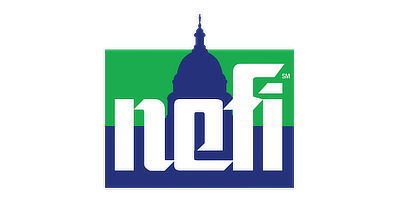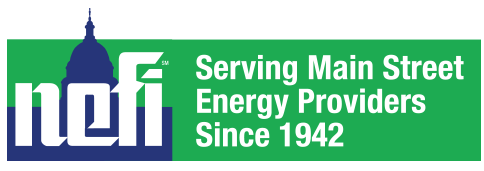Tax credits offered under 25C are available beginning January 1, 2023 through December 31, 2032. As with other federal home energy tax credits, the homeowner must have tax liability to qualify. It is also important to note the amount of the credit received by a taxpayer must be counted toward the overall credit limit for qualified home efficiency improvements made under 25C, which is capped at $1,200 annually.
In its notice, the IRS provides a list of minimum requirements that must be met by contractors conducting the audit, as summarized below.
For energy audits conducted during the 2023 taxable year (January 1, 2023 through December 31, 2023), these requirements must be followed:
- Include an inspection and written report that identifies the most significant and cost-effective energy-efficiency improvements with respect to the home, including an estimate of the energy and cost savings with respect to such improvement, and
- Be conducted and prepared by a home energy auditor.
- The inspection must be conducted by a "Qualified Home Energy Auditor" (or under the supervision of a Qualified Home Energy Auditor) defined as an individual who is certified by a "Qualified Certification Program" recognized by the U.S. Department of Energy (listed below) at the time of the audit; and
- A written report must be prepared and signed by a Qualified Home Energy Auditor, consistent with industry best practices. The written report must be provided to the taxpayer and include:
- The Qualified Home Energy Auditor's name and relevant Employer Identification Number (EIN) or other type of appropriate taxpayer identifying number, if the auditor does not have an EIN;
- An attestation that the Qualified Home Energy Auditor is certified by a Qualified Certification Program recognized by the U.S. Department of Energy (DOE); and
- The name of such Qualified Certification Program.
- ASHRAE (formerly the American Society of Heating and Air-Conditioning Engineers) Building Energy Assessment Professional
- Association of Energy Engineers (AEE) Certified Energy Auditor
- Building Performance Institute (BPI) Home Energy Professional Energy Auditor
- Residential Energy Services Network Home Energy Rater
Other certification programs may be considered by the DOE if they meet the agency's Single-Family and Multifamily Energy Auditor Job Task Analyses criteria. Certification developers and owners may seek recognition online here.
To apply for the credit: The homeowner must file IRS Form 5695 with their annual return. This is the same form used to apply for the broader 25C home efficiency improvement credit, as well as the 25D credit for "renewable" home energy property (e.g., solar panels, geothermal, and home batteries). Unfortunately, the IRS has not yet updated Form 5695 for the 2023 tax year to reflect this new credit and other changes under the Inflation Reduction Act. The IRS will not require the written home energy audit report be filed with the return. The homeowner must simply keep it on file with his or her other tax documentation as required by law.
Click here to read the full IRS notice. The DOE also published a home energy audit infographic, available here.
For more details on this and other home energy tax credits and rebates offered under the new Inflation Reduction Act, be sure to participate in today's webinar - see information below!

 admin - 01:49 pm -
October 12th, 2023
admin - 01:49 pm -
October 12th, 2023 







